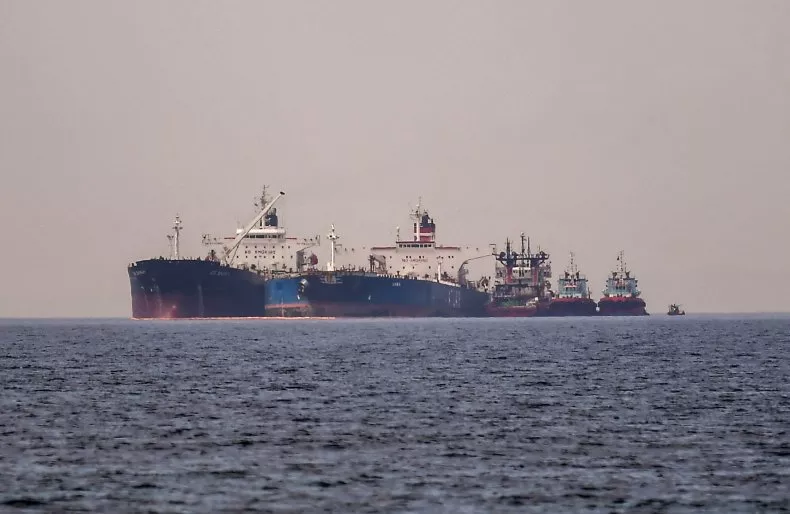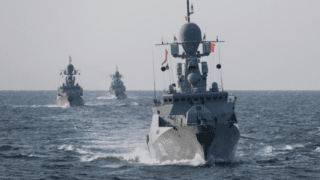
Exports of Russian oil via shadow fleet nearly doubled in past year
Russian oil exports through the so-called shadow fleet have nearly doubled over the past year, reaching 4.1 million barrels per day, according to a Kyiv School of Economics report.
A shadow fleet refers to tankers and other vessels operating outside Western insurance, certification, and shipping services to transport oil while evading international sanctions and regulations. These ships, often older and potentially underinsured, allow Russia to continue exporting oil despite restrictions by operating with less transparency and oversight than conventional shipping fleets.
The Kyiv School of Economics (KSE) Institute estimates that when the crude oil price cap took effect in December 2022, it was only 2.2 million barrels per day. As of June 2024, 70% of seaborne exports of Russian oil were conducted on shadow fleet vessels—including 89% of crude oil and 38% of oil product shipments.”
The UK, G7 countries, Australia, and the EU implemented a $60 barrel price cap in December 2022 to restrict Western companies from transporting, servicing, or brokering Russian crude oil cargoes. This restriction undermines Russia’s oil trade, which is heavily reliant on Western-owned and insured tankers.
Moscow has circumvented these restrictions by investing over $10 billion since early 2022 in leasing and purchasing older tankers. The ownership of these vessels is often unclear, and they lack insurance from Western firms.
Experts are calling for stricter sanctions against the shadow fleet. They warn of the risk of an environmental disaster resulting from an accident involving these aging vessels, which could lead to an oil spill in European coastal waters.
In an interview with the Guardian, the Swedish foreign minister said Moscow might create “environmental chaos” by using unseaworthy tankers in violation of international maritime regulations.
The Kyiv School of Economics report highlights the growing significance of Russia’s shadow fleet in circumventing Western sanctions. It suggests that current measures have insufficiently curtailed Russian oil revenues as Moscow has adapted its export strategies.
Read also:













